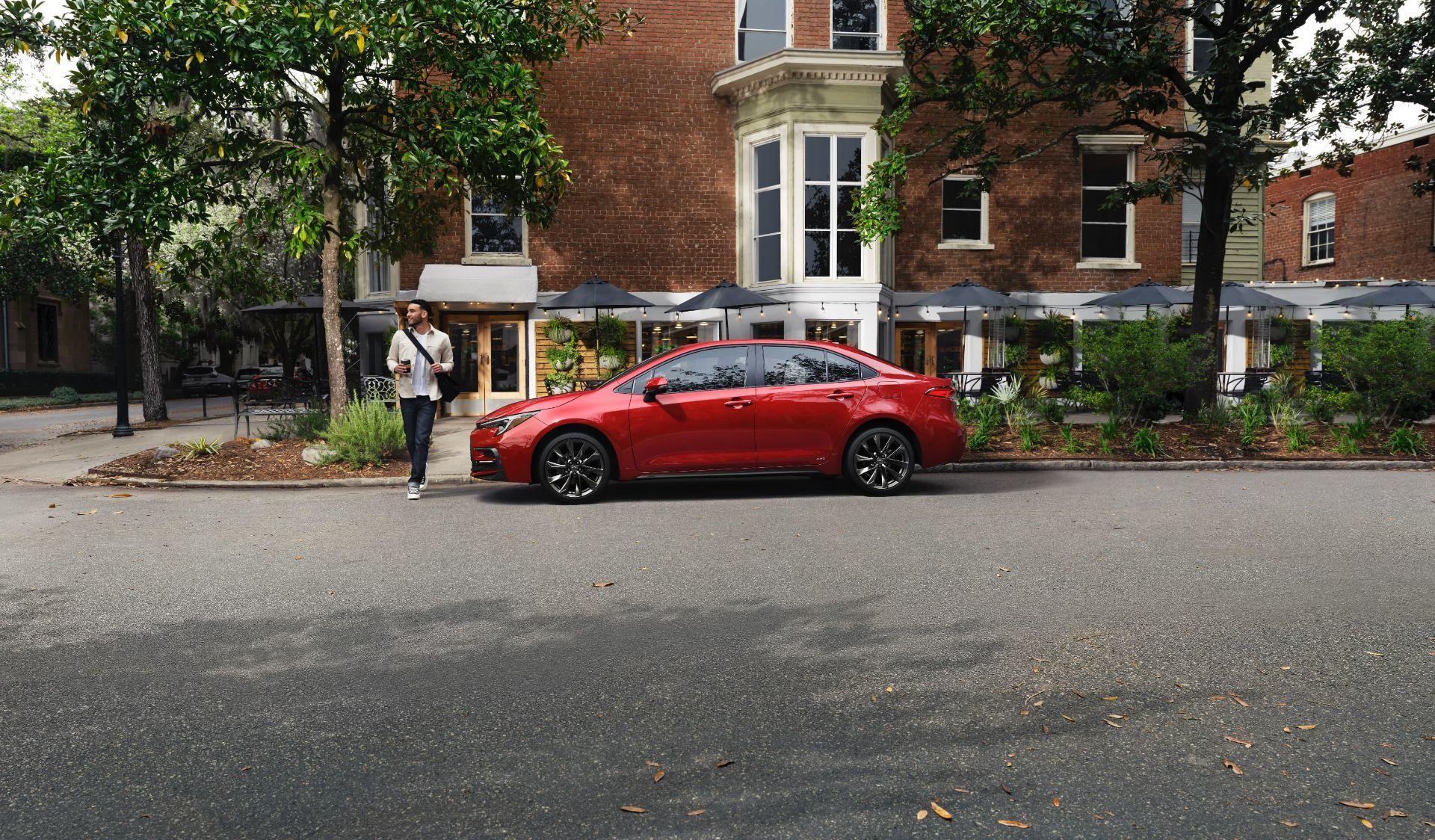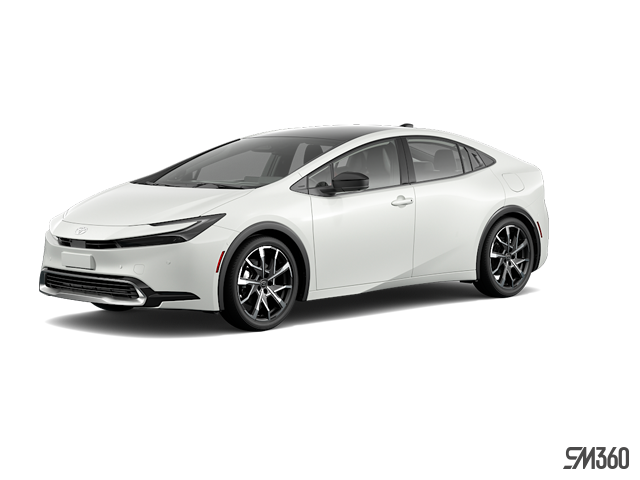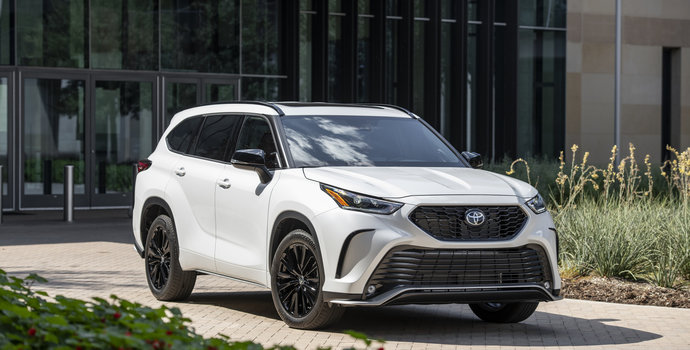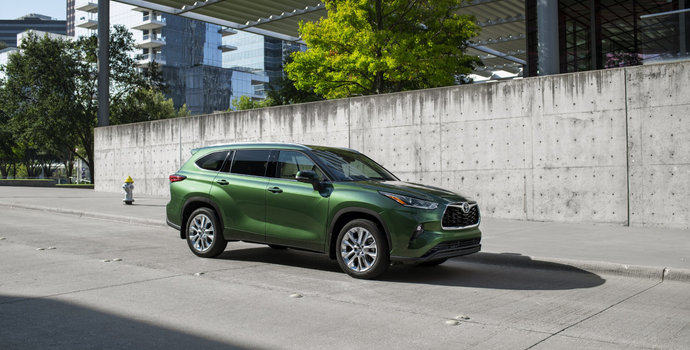Buying or leasing a new car can be very exciting, and there’s no doubt that you want to get behind the wheel and on the road as soon as possible. To speed up the loan, lease, or credit application process, it is important to be prepared for your appointment with one of our finance experts. A little preparation will go a long ways to make the process as smooth and easy as possible.
Here’s What You Need to Bring:
All buyers should bring the following items when applying for a lease/loan:
- Valid, government issued driver’s license
- Current pay-stub
- Void cheque
Other specific items may be needed, ask your sales representative for details.
In addition to the physical items you need to bring with you to your appointment, there are some other things to consider and prepare before you meet with our finance team. Making the following preparations will help speed up the application process, and help you get the best loan or lease arrangement possible.
Know Your Credit Score
Your personal credit score is one of the main factors lenders consider when you apply for a loan or a lease. Your lender will most likely obtain your credit report early on in the application process. Knowing your credit score yourself before you go in will help the process move faster, and will give you a good idea ahead of time as to what sort of loan you’ll be eligible for and what rates you’ll be looking at. You can simply request your free annual credit report before you go in, or you can get your FICO score for about $20. In order to get the best rates possible, you ideally want your credit score to be above 700. If your credit score is in the mid 600’s, you’re still likely to get a loan-your rates will just be higher.
Financial Documents
Your pay stub and possibly other documents will prove your income to your lender, which is another main factor in gaining eligibility for a car loan or lease. The lender needs to see if you’ll be able to repay your lease or make your loan payments every month. Proving your income levels is necessary. You’ll likely need to bring along your tax returns from the last two years as well. If you are self-employed you’ll need to bring a year to date profit and loss statement. You may also be required to bring your recent bank statements of your checking and savings accounts as well as statements on other loans or credit cards you have. Proof of employment, both current and past may also be required.
Vehicle Sales Information
Depending on where you go to apply for a loan, you’ll need to bring all the information about the vehicle you’re purchasing. If you are going through our finance department (recommended), we will already have all the information about the vehicle which will really speed things up! However, if you’re using a third party lender, you’ll need to provide information about the vehicle such as make, model, year, purchase price, vehicle identification number, total kilometers, title history (if used) and possibly other information. If the vehicle is used you’ll likely need to provide a car history report such as CarProof. Your lender will want to see the sales contract as well as other information regarding any warranties or other related contracts.
Down Payment
To get the best interest rate on your loan, it is recommended to make a down payment on the vehicle. The larger the down payment, the less you’ll owe and the less your monthly payments will be. Ideally, aim to put down at least 20% of the cars total purchase price to get the best rates. If you can’t afford to put down 20%, don’t worry, you are still very eligible for an auto loan, you just might have to pay higher rates.
You might also be interested in these blogs:






